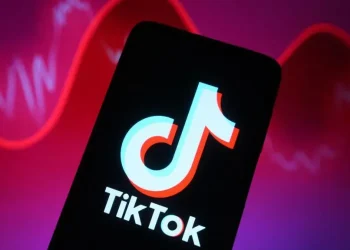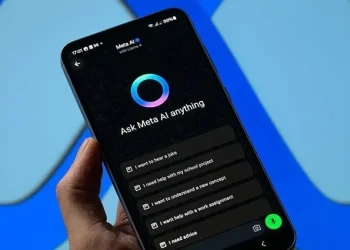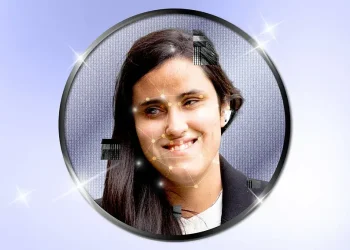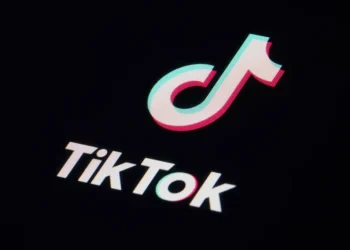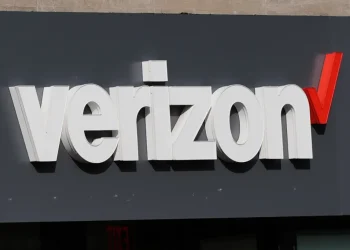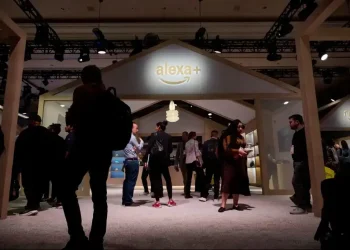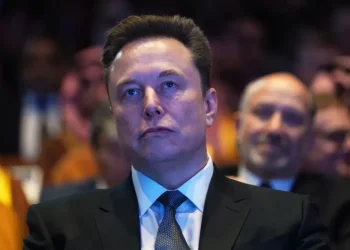I Tried the Orb Face Scanner Backed by Sam Altman — Here’s What Happened
A futuristic orb, a face scan, and a mission to separate humans from bots — that’s the pitch from Tools for Humanity, the startup co-founded by OpenAI’s Sam Altman. But when I gave it a try, the Orb couldn’t even verify me as human.
Turns out, that’s (sort of) by design.
The Orb is part of a bold attempt to fix a growing problem on the internet: telling real people apart from bots. With AI now able to solve CAPTCHAs and generate realistic fake identities, verifying humanity online is harder — and more important — than ever.
Enter the Orb: a sleek, sci-fi-looking device designed to scan your face and eyes, analyzing details like shape and light response to confirm your uniqueness. If it works, it grants you a WorldID, a digital credential that proves you’re human. That ID could be used across websites — from social media to banking — to cut through bot interference and fraud.
But when I stepped up to the Orb, it rejected me. The reason? My yellow-tinted blue-light blocking contact lenses. The device flagged my face as “blocked,” suggesting I might be trying to fool it.
“Well, that’s sad, but I’m grateful it rejected you,” joked Tiago Sada, Chief Product Officer at Tools for Humanity. “It means the system is doing its job.”
Sada says the Orb was built in response to bots running wild on the internet — scalping concert tickets, cluttering dating apps, and even spreading misinformation campaigns. “Every single time tickets go live, bots buy them up and drive prices sky-high,” he explained. “And on dating apps, you’ll come across an account with six fingers — that’s AI.”
But getting the public to trust a machine that scans your face and stores your identity? That’s a harder sell.
Already, privacy concerns have led to bans and investigations. Hong Kong blocked the project entirely. Regulators in the UK are probing it. Critics fear this is just another way for big tech figures like Altman to centralize power under the guise of innovation.
Once scanned, users receive a WorldID via a mobile app. Think of it like Face ID, but not tied to Apple — and theoretically usable across multiple platforms.
So far, WorldID has a limited number of use cases. Some Reddit communities and Shopify stores have “human-only” access points for verified users. Over 12 million people across 20+ countries have tried the Orb, which is available at malls, events, and soon — through a home delivery option starting in Latin America.
The Orb is temporarily unavailable in the U.S. while updates are underway. But the World App remains live.
The Orb’s identity system is tied to World, an open-source platform originally launched as Worldcoin in 2023. Users in some countries receive Worldcoin cryptocurrency for verifying their identity. (I didn’t — Worldcoin isn’t available in the U.S.)
The idea? To prepare for a world where AI transforms economies — and possibly distribute universal basic income, a concept Altman supports.
But giving users crypto in exchange for biometric scans raises red flags. Critics say it could encourage people to overlook privacy concerns, or hand over too much power to a handful of tech leaders.
Sada defends the model, saying World gives users ownership of the network — and that privacy is a core focus. According to Tools for Humanity, face scans are encrypted, sent to the user’s device, and then deleted. The app can also be locked for added security.
Much of the tech behind the Orb is open source, allowing external experts to examine its privacy protections.
“It’s not very intuitive that something like this is private,” Sada admitted. “But we believe privacy is freedom — and World is built to protect that.”
This article was rewritten by JournosNews.com based on verified reporting from trusted sources. The content has been independently reviewed, fact-checked, and edited for accuracy, neutrality, tone, and global readability in accordance with Google News and AdSense standards.
All opinions, quotes, or statements from contributors, experts, or sourced organizations do not necessarily reflect the views of JournosNews.com. JournosNews.com maintains full editorial independence from any external funders, sponsors, or organizations.
Stay informed with JournosNews.com — your trusted source for verified global reporting and in-depth analysis. Follow us on Google News, BlueSky, and X for real-time updates.


